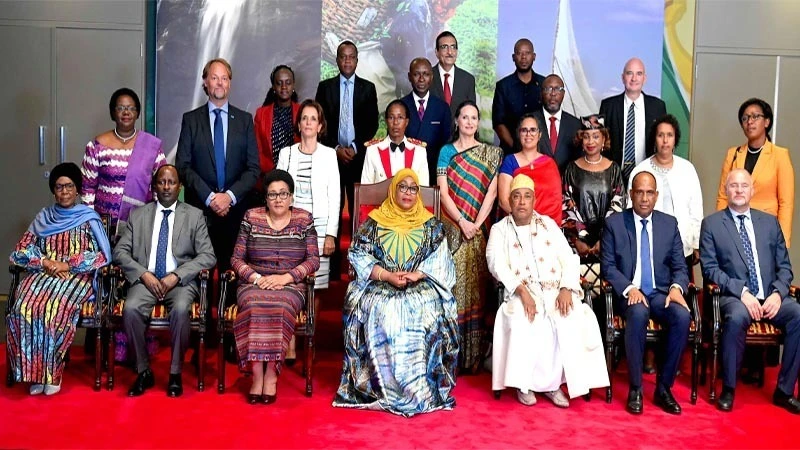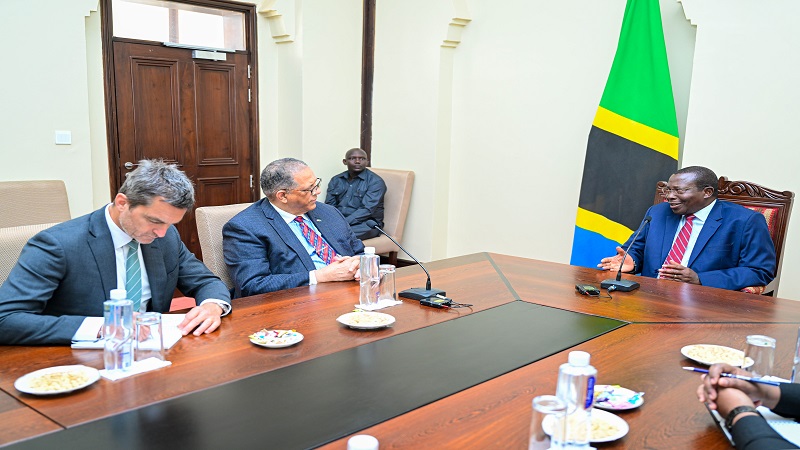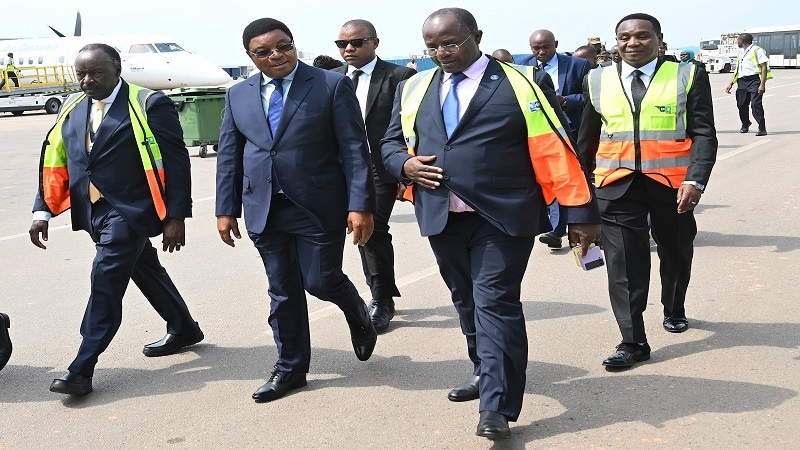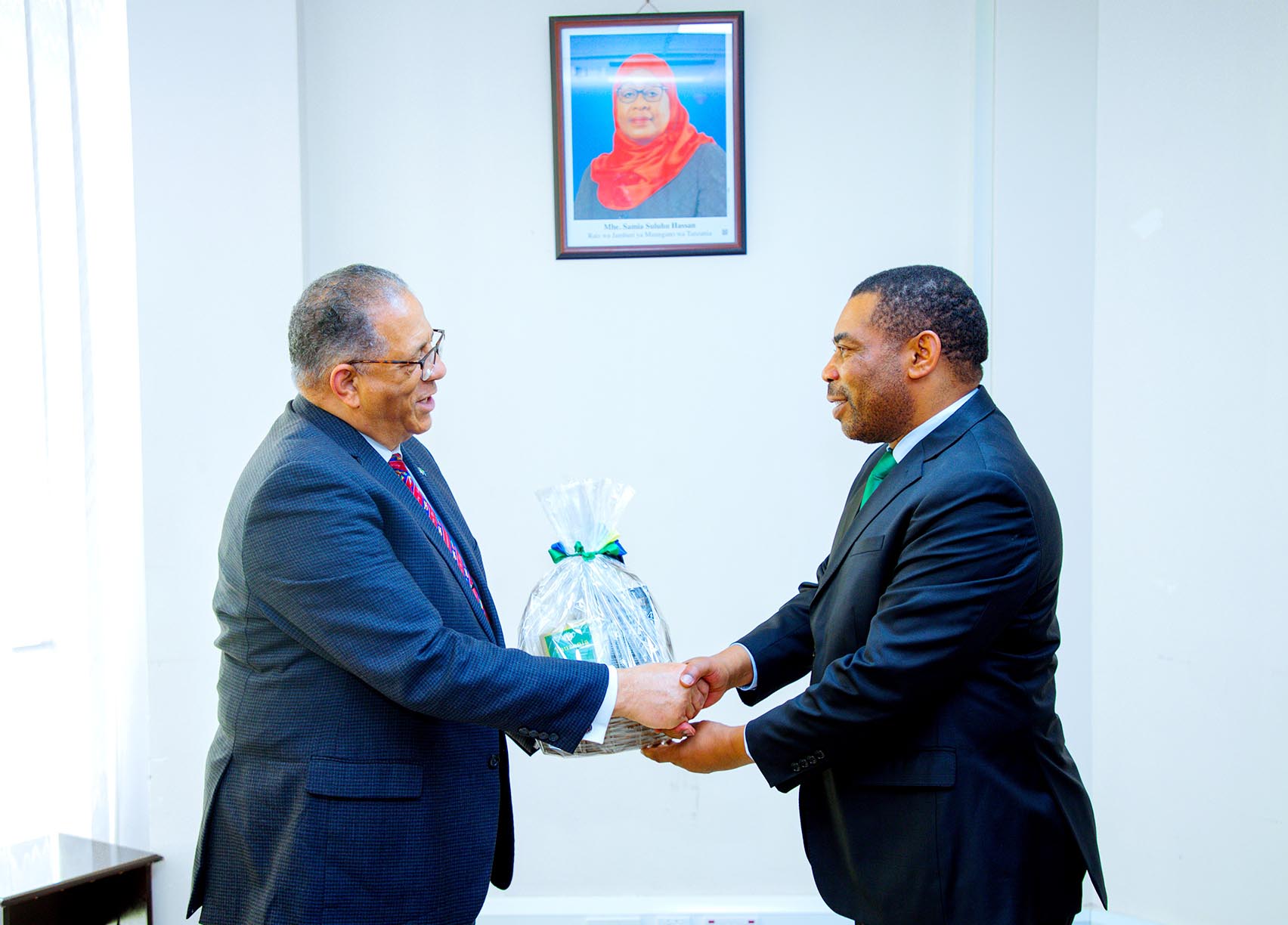AGRA: Tanzania’s Food systems to undertake major transformation
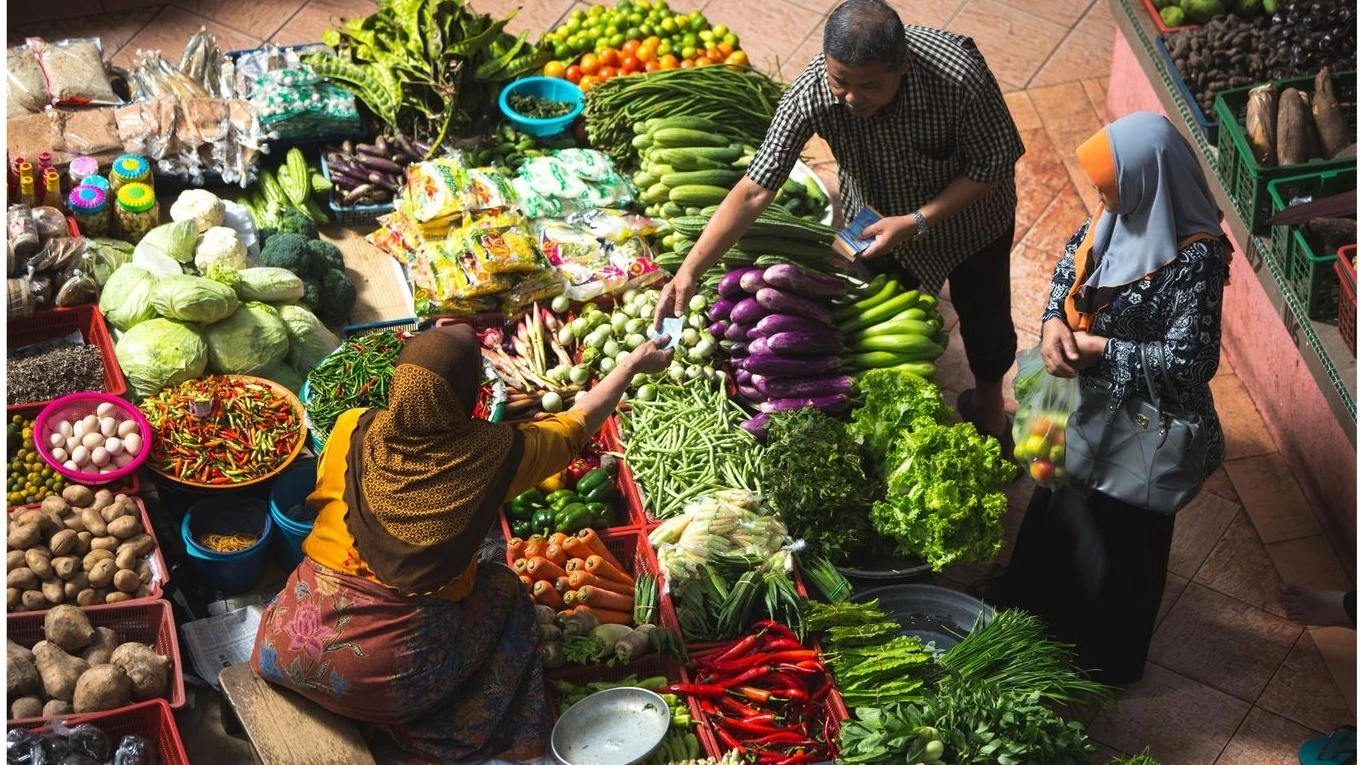
THE Alliance for a Green Revolution in Africa (AGRA) has expressed its commitments towards transforming Tanzania's food systems across various critical aspects.
Hailemariam Dessalegn, Former Prime Minister of the Federal Democratic Republic of Ethiopia and board chair of AGRA made the commitments in Dar es Salaam recently when speaking at the Tanzania Food Systems Partners Dialogue and Workshop, which brought together a diverse group of stakeholders, including government officials, private sector representatives, farmer organizations, and development partners,
The forum focused on identifying key priorities and investment opportunities to transform Tanzania’s food systems and marked a significant milestone in the nation’s journey towards a more robust and sustainable food system.
One of the event's most important highlights was the launch of the “Agenda 10/30 Investment Roadmap for Accelerating Agricultural Growth in Tanzania,” which is expected to be a key focus in the upcoming AFS Forum, the world’s premier forum for African agriculture. The forum will bring together stakeholders in the agricultural landscape to commit to agricultural transformation across Africa in Kigali.
"Following the dialogue in Dar es Salaam, AGRA has committed to supporting Tanzania's food systems across various critical aspects," noted Dessalegn underscoring AGRA's robust commitment to transforming Tanzania's food systems.
According to him, AGRA pledged $40 million to support Tanzania's agricultural and livestock sectors under the government's "Building a Better Tomorrow" initiative. This substantial investment aims to drive growth and development within these crucial sectors.
In partnership with the government and the National Seed Investment Plan, AGRA is dedicated to ensuring the delivery of sustainable technology for future farming systems. This collaboration aims to enhance productivity and efficiency, fostering a more resilient agricultural landscape.
AGRA's strategy emphasizes the importance of inclusive markets, trade, and finance to enhance food security, create jobs, and build resilience. The overarching goal is to help Tanzania feed its population while generating a surplus for others, contributing to both national and regional food security.
AGRA supports the Agricultural Transformation Office (ATO) and the Presidential Fertilizer Advisory Council (PFADC) to improve resource generation and coordination. President Samia Suluhu Hassan's championed increased government budget allocation is expected to act as a catalyst for private sector investment, helping to achieve the ambitious goals set out in Agenda 10/30.
"We are committed to supporting Tanzania's efforts in building a more sustainable and resilient food system," Dessalegn said, noting: "Through financial support, sustainable technologies, inclusive markets, and sector support, AGRA aims to play a pivotal role in transforming Tanzania's agricultural landscape and ensuring food security for future generations."
Dessalegn called for strategies to attract more young people to agriculture by modernizing the sector.
"Our agriculture deserves to be smarter; we must have modern agriculture where young people will adapt to the current technological changes to ensure they do productive agriculture," he said.
Dessalegn emphasized that modernizing agriculture to meet international standards would make the sector more profitable and sustainable. "Africa is currently unable to export many products for various reasons, including failing to meet international standards. Still, if young people are persuaded to enter agriculture, they will know how to produce high-yield and standard products," he noted.
The dialogue and workshop provided a platform to review Tanzania’s progress, discuss emerging strategies, and strengthen multi-stakeholder collaboration around priority initiatives. Building on the momentum of recent major events, including the 2023 AFS Forum, Africa Climate Summit, and COP28, the workshop aimed to accelerate progress on public-private flagship initiatives to be showcased at upcoming milestones such as the 2024 AFS Forum, Sustainable Development Impact Summit, and COP29.
A central theme of the workshop was the vital issue of youth engagement in agriculture. Participants emphasized the need to address four significant challenges hindering young people’s entry into farming: limited access to land, lack of appropriate technology, inadequate financial capital, and unreliable markets. These barriers prevent aspiring young farmers from acquiring fertile land, utilizing modern tools and techniques to enhance efficiency, securing affordable financing, and establishing stable channels for selling their produce.
The workshop also highlighted the importance of building a sustainable food system capable of coping with climate change and ensuring food security for future generations. Participants emphasized investing in productive agriculture, water conservation, and sustainable farming methods. They also called for stronger collaboration between the government and the private sector to create a better business environment for farmers.
Dr Hussein Omar, Acting Permanent Secretary of the Ministry of Agriculture emphasized the importance of achieving these goals through a sustainable and competitive agricultural sector and strong coordination of stakeholders. "With cooperation and appropriate investment, Tanzania can build a sustainable food system that ensures the well-being of its society today and for future generations," said Dr Omar.
The total cost of implementing the Agenda 10/30 initiative is estimated at 33trn/-. This cost will be split between the government, the private sector, and donors.
The Tanzanian government will be responsible for 18 trn/-, primarily covering fertilizer, improved seed subsidies, and mechanization and irrigation costs. This represents the largest share of the investment, at 54 percent.
The private sector is expected to contribute 15 trn/- or 44 percent of the total cost. This investment will be directed towards fertilizers, improved seeds, mechanization, pesticides, and storage solutions.
Donor contributions are estimated to be 348bn/-, constituting a small fraction of the overall investment at 1 percent. These funds will be allocated towards farmer mobilization and registration, extension services, marketing and branding efforts, and research initiatives.
Apart from the launch of the 10/30 Agriculture Investment Agenda Investment Map, the workshop was used to present the priorities of the new Tanzania National Agriculture Master Plan, which aims to transform the country's agricultural sector. These initiatives are designed to enhance resilience, increase productivity, and ensure sustainable food systems in Tanzania.
Top Headlines
© 2025 IPPMEDIA.COM. ALL RIGHTS RESERVED















